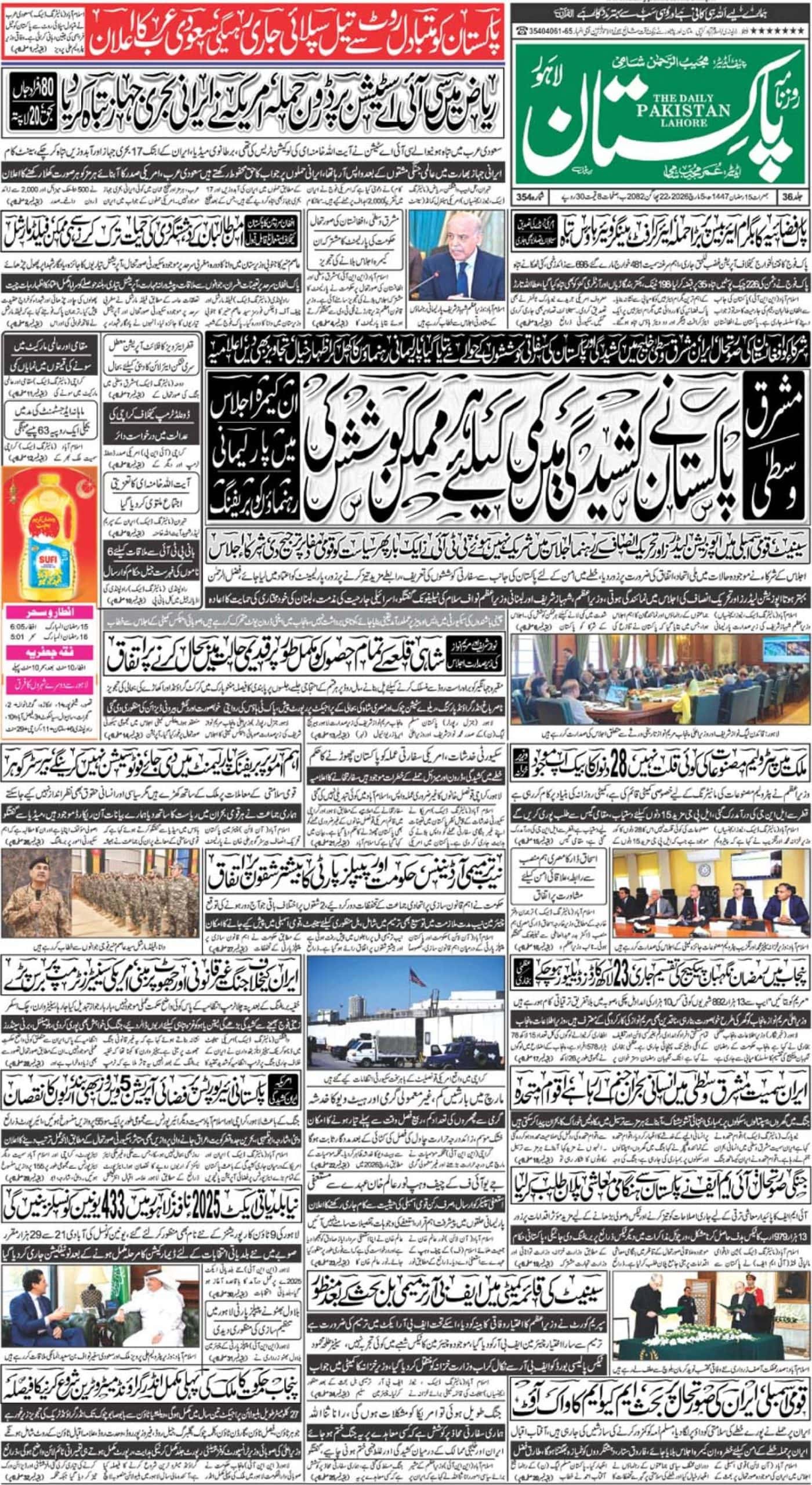ISLAMABAD – Federal Tax Ombudsman (FTO) started investigation into allegations of unequal enforcement of the deemed income tax on property under Section 7E of the Income Tax Ordinance 2001 amid complaints from taxpayers and real estate experts claiming that the Federal Board of Revenue (FBR) is applying the law inconsistently across provinces, leaving some property owners paying far more than others for the same obligations.
The complainant accuses apex tax collection authority of biased treatment, particularly in Punjab, where property owners reportedly continue to face full deductions while counterparts in KP, Balochistan, and Islamabad benefit from relief granted by court rulings.
Section 7E, introduced through the Finance Act of 2022, imposes tax on assumed rental income, even if the property remains vacant. The law was designed to expand the tax base and target wealth tied up in unused or luxury properties. However, critics argue that it may violate constitutional rights and exceed federal authority, sparking widespread legal challenges across the country.
High courts issued conflicting judgments while Sindh High Court and Lahore High Court dismissed challenges, allowing enforcement in those regions, courts in Balochistan, KPK, and Islamabad ruled the provision unconstitutional, halting its application there. This also created patchwork system in which taxpayers in Punjab and Sindh pay full tax while others enjoy exemptions, a disparity seen by many as unfair and unconstitutional.
Supreme Court of Pakistan intervened by granting interim relief, allowing property owners to pay only 50% of the deemed income tax pending a final decision. Despite this, FTO highlighted that FBR has not implemented this relief consistently, especially in Punjab, exacerbating the financial burden on local property owners.
The complaint further argues that this unequal application may constitute maladministration, as defined under the Federal Tax Ombudsman Ordinance 2000, and could violate Article 25 of the Constitution, which guarantees equality before the law. In response, the FTO has issued formal notices to FBR officials, including the Chief Commissioner of the Islamabad Regional Tax Office, demanding explanations for the alleged discrepancies.
The investigation could compel FBR to standardize enforcement of Section 7E nationwide, potentially impacting thousands of property owners. The deemed income tax has already disrupted the real estate market, causing delays and cancellations in property transactions and undermining investor confidence. Analysts warn that inconsistent policies may push investments into informal and undocumented channels, further destabilizing the sector.
Tax and legal experts have widely praised FTO’s intervention, calling it a critical step toward fairness. They warn that arbitrary enforcement erodes trust in authorities, confuses taxpayers, and weakens overall compliance, with potential economic repercussions. If the FTO rules against the FBR, possible outcomes include nationwide extension of the 50% Supreme Court relief, uniform enforcement of Section 7E across all provinces, and internal reforms to prevent future maladministration. Such measures could bring relief to thousands of taxpayers, restore investor confidence, and reshape property taxation in Pakistan.
Pakistan mulls increasing Taxes on Solar Panels, Withholding Tax on Internet














